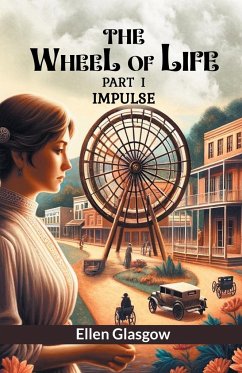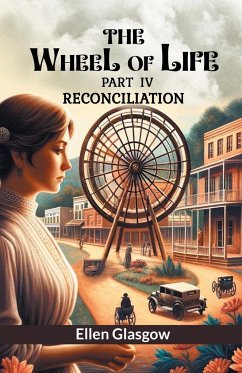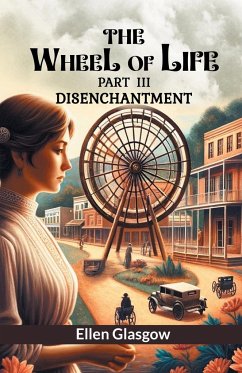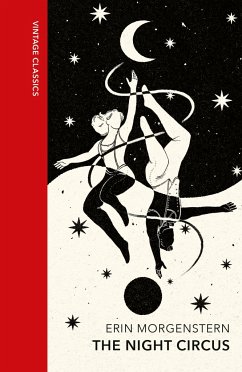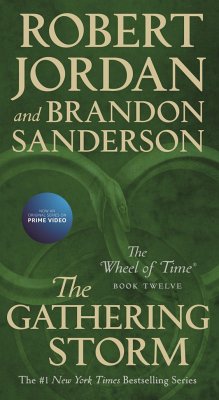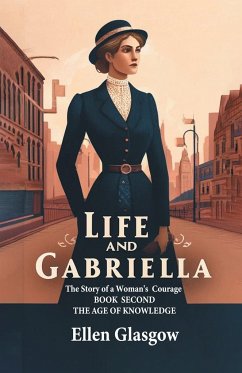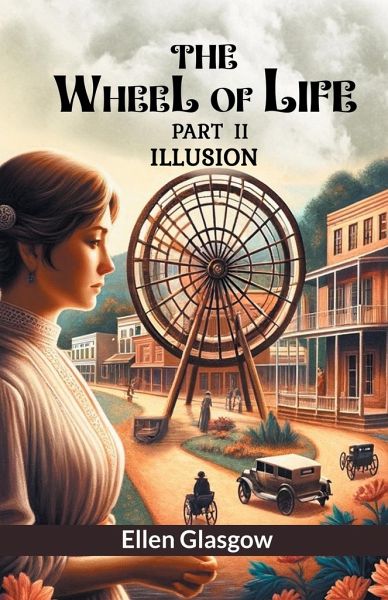
The Wheel Of Life Part II Illusion
Versandkostenfrei!
Versandfertig in 1-2 Wochen
12,99 €
inkl. MwSt.

PAYBACK Punkte
6 °P sammeln!
Part II of "The Wheel of Life" by Wilhelmine von Hillern continues the story introduced in the first part, delving deeper into the protagonist's journey and the evolving dynamics of their world. This section intensifies the narrative, further developing the themes and characters established in Part I.In Part II, the protagonist faces new challenges and opportunities that significantly impact their path. The story explores their continued struggle with societal expectations and personal desires, highlighting the tension between conformity and self-fulfillment. As the protagonist navigates these...
Part II of "The Wheel of Life" by Wilhelmine von Hillern continues the story introduced in the first part, delving deeper into the protagonist's journey and the evolving dynamics of their world. This section intensifies the narrative, further developing the themes and characters established in Part I.In Part II, the protagonist faces new challenges and opportunities that significantly impact their path. The story explores their continued struggle with societal expectations and personal desires, highlighting the tension between conformity and self-fulfillment. As the protagonist navigates these challenges, they encounter pivotal moments that test their resolve and shape their destiny. The relationships introduced in the first part become more complex in Part II. These relationships influence the protagonist's decisions and contribute to their personal growth. Conflicts and alliances emerge, adding intrigue and drama to the narrative. Themes of fate and destiny are further explored as the protagonist grapples with their sense of purpose and the forces that shape their life. The concept of the "wheel of life" becomes more pronounced, symbolizing the cyclical nature of existence and the interplay between choice and destiny. The protagonist's journey is marked by moments of introspection and revelation, providing insight into their evolving worldview. Part II also expands on the setting and context of the story, offering a richer understanding of the world in which the characters live. The societal norms, cultural influences, and historical backdrop are woven into the narrative, adding depth and authenticity to the story. Overall, Part II of "The Wheel of Life" builds on the foundation laid in the first part, advancing the plot and deepening the exploration of the novel's central themes. It engages readers with its intricate character development, emotional complexity, and thought-provoking reflections on destiny and personal growth.



